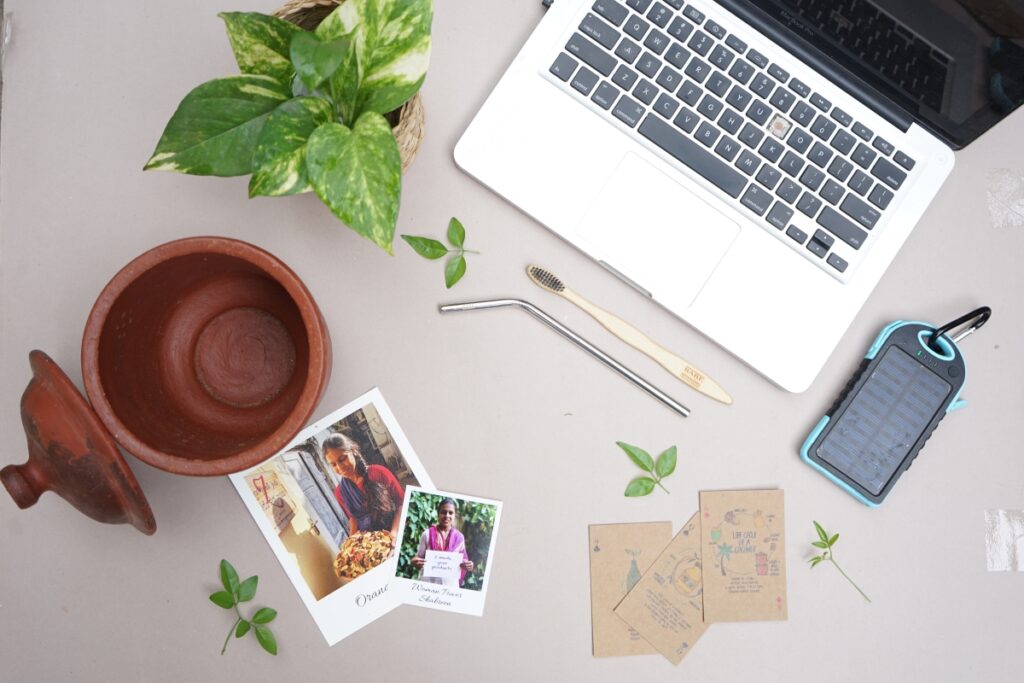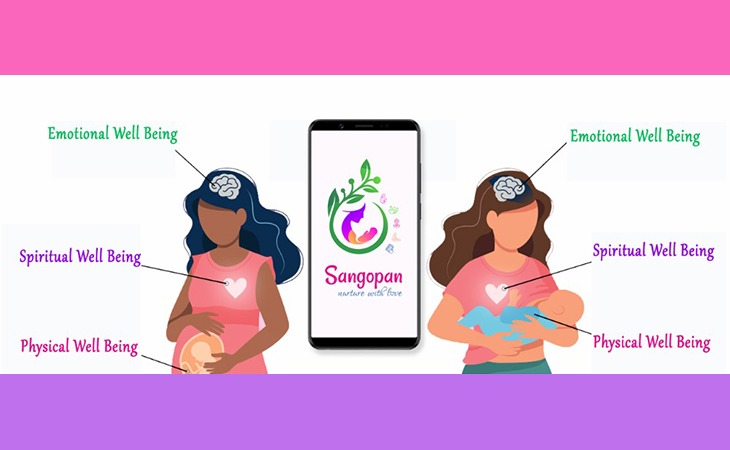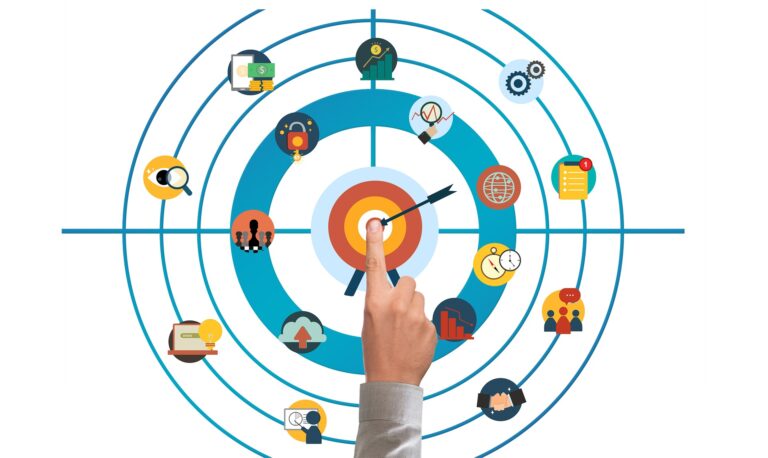Businesses and Covid
Since the Covid-19 pandemic gripped the world and countries went into nationwide lockdowns, businesses have had to quickly adapt their operations to not only serve customers but also accommodate their employees.
Business practices changed. We got used to video calls and working from our homes. Technology was no longer a utility and became a lifeline! While we settled into the new ways of leading our lives and doing business, the second wave hit us. Needless to say, it has been particularly daunting for India and its people.
At NICE, we are engaging with cultural enterprises to hear how they are tackling their businesses.
What are they doing differently this time around? How are they adapting? What’s helping them to face the challenges?
In the #NICEShareAndCare series, we feature tips and methods from NICE entrepreneurs and NICE community.
In this piece, Sahar Mansoor, founder of Bare Necessities shares tips they adopted for their business during the pandemic. Bare Necessities is a zero-waste personal care brand and a hub for awareness on waste-free living.
Bare Necessities was the winner of the NICE Aarohana Business Plan Competition (Growth Stage).
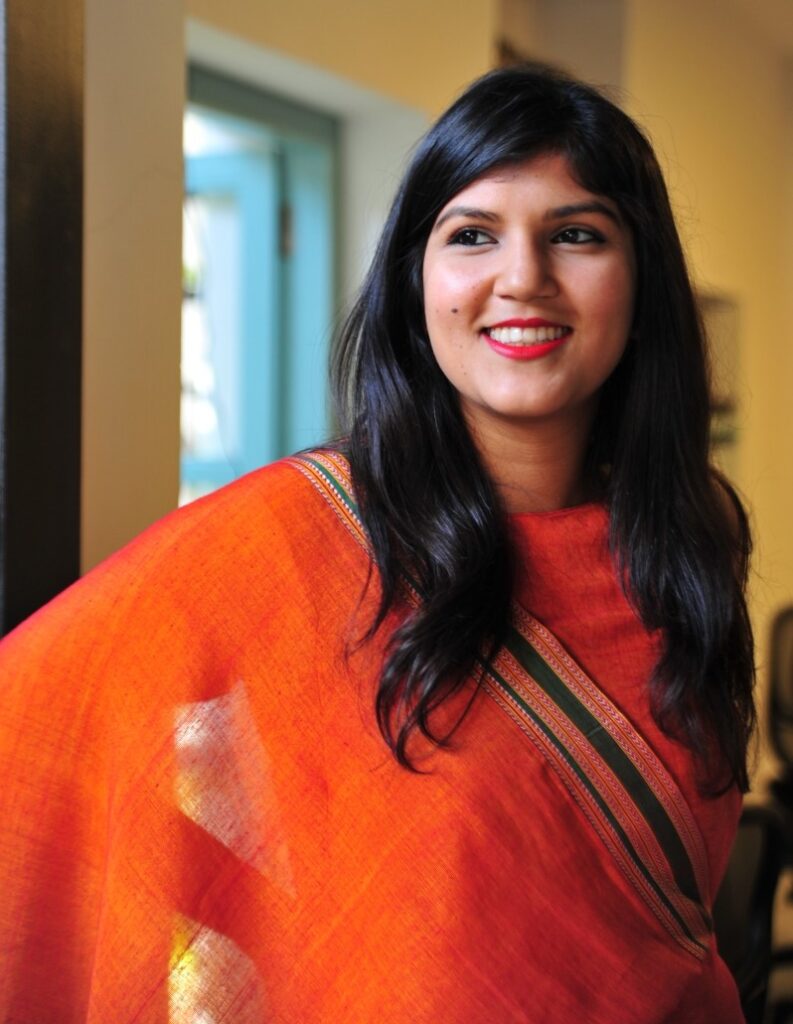
“The three approaches that have worked for us during the pandemic are first and foremost, taking care of our team. Secondly, communication with our community and thirdly, evolving our business model to the circumstances.”
1. Our Team, Our Priority
We are a small team of thirteen members. As the Coronavirus and its impact continues to evolve and develop, at Bare Necessities, we have taken steps to keep our team’s health and also our business up and running. Prior to the lockdown, we asked our employees to work from home following official guidelines.
When the lockdown in Karnataka was announced this year, we put a stop to our operations and gave a one-week break to our employees. This was a much-needed time for everyone to take some time off. It also helped us come back to work more refreshed!
2. Reaching Out, Staying Connected with the Community
Our communication with the community has been a priority during these times. During both lockdowns, we sent out a newsletter informing them about the stance taken by our team at this time. It also included relevant resources our readers could refer to during this time such as Covid helpline resources, meditation playlist and links to donations for organizations working towards Covid initiatives.
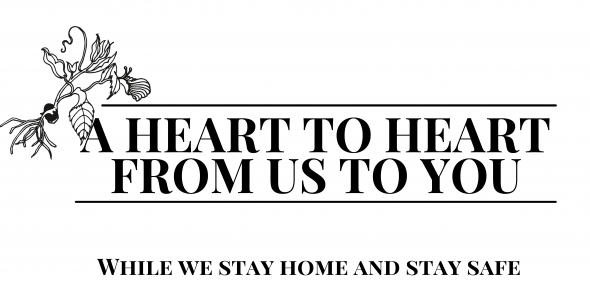
Last year, we held a mental health check-in webinar with our community where we interacted with them about how they were coping and also did some fun activities. We also used the pandemic as an opportunity to highlight brilliant small businesses and experts in the field of sustainability through our Bare Thoughts podcast featuring Poonam Kasturi, Founder of Daily Dump, Swati Sambyal, Waste Specialist-UN Habitat and Asha Scariya from People Kraft among many others.
3. Innovation is Key
As a small team, we have constantly tried to innovate ourselves, especially with our zero waste education wing. With the lockdown restrictions affecting the shipping of our products, we invested into the design and conceptualization of our education through our Easy DIY Ideas to Go Zero Waste Ebook, online sustainability courses Zero Waste in 30 and Sustainability in 30 and our online sustainability workshops for corporate partners. Here are the links to blogs about our corporate workshops and the impact of our ZW30 course on our 800+ students.

We have also been conducting monthly themed workshops covering zero waste topics like kitchen, gifting and living. This has given us an opportunity to collaborate with like-minded partners for our workshops as well.
In February, we conducted a Kombucha workshop with Honey Islam, Founder of Mountain Bee Kombucha and in April we conducted a Slow Fashion workshop with Mahima Gujral, Founder of SUI, a sustainable fashion brand based in Delhi and Singapore.
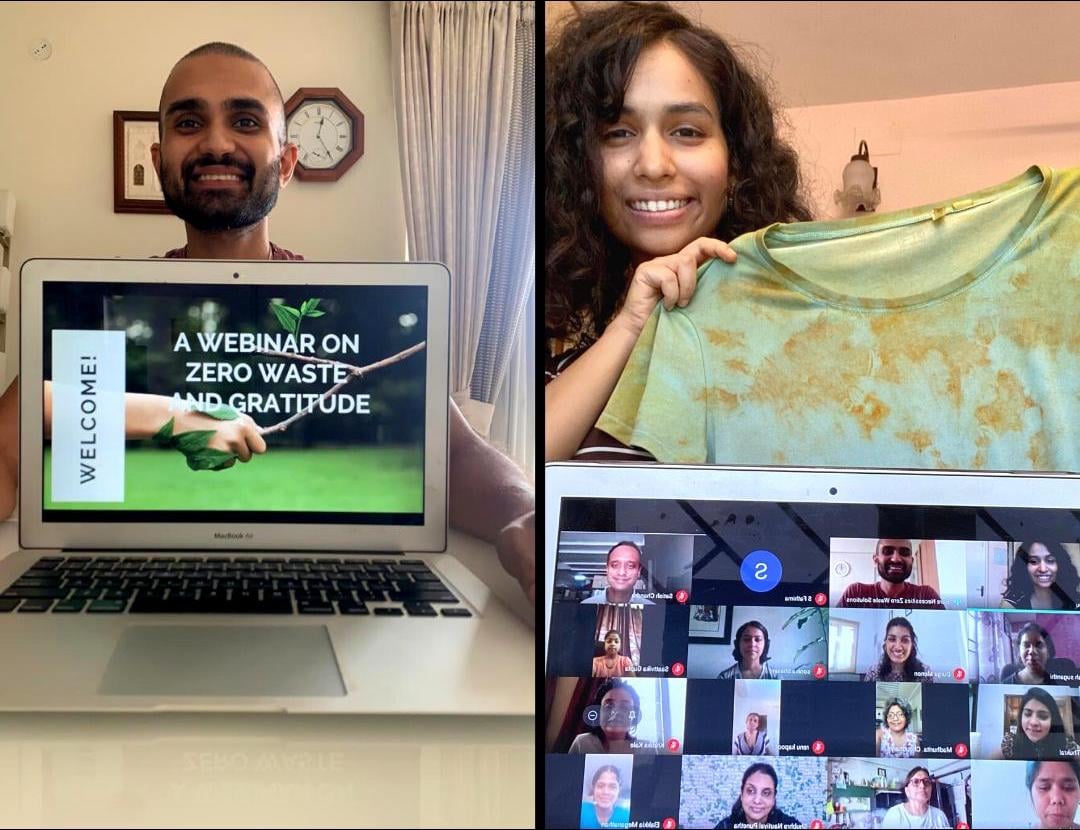
This month, we hosted a Zero Waste and Gratefulness workshop on the 22nd of May, covering the basics of zero waste living, its relevance in today’s times and ways to incorporate zero waste habits into our daily lives. We followed this up with fun and practical activities on the same to make the best use of our time at home!
———
Calling Cultural Entrepreneurs
Have a cultural enterprise? Tell us what you do. Write to us at namaste@niceorg.in.
To share tips and methods you are using to face the challenges of the pandemic, write to me at chitra@niceorg.in.
Images from Bare Necessities
